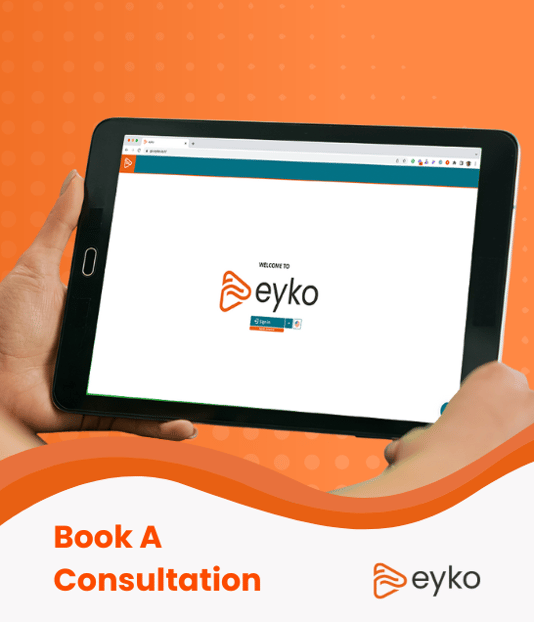Why You Need to Break Down Data Silos
Data Silos Are Everywhere
While days wandering through farmlands dotted with grain silos can be bucolic and calming, information silos in the office create angst and undermine your ability to make smart decisions.
In today's data-driven landscape, businesses rely heavily on insights derived from vast amounts of information. However, a common obstacle hindering their ability to gain a full view of their operations is the presence of data silos. These silos emerge when data becomes compartmentalized within different departments, systems, or applications, preventing seamless integration and collaboration across the organization. As a result, decision-makers may only have access to partial or outdated information, leading to suboptimal decision-making and missed opportunities.
Data silos can arise for various reasons, including organizational structure, legacy systems, and disparate data formats. More recently, the rise of SaaS applications and hybrid cloud systems has created another source of disparate data silos. Without a cohesive strategy for data integration and management, businesses risk fragmenting their data and impeding the flow of insights critical for informed decision-making. Moreover, the siloed nature of data can inhibit collaboration and innovation within the organization, as teams struggle to access and share relevant information across departments.
Traditional Approaches to Breaking Down Data Silos Are Failing
Traditional methods to break down data silos include Extraction, Transform, Load (ETL) and Data Cleansing tools. These tools require deep expertise in several areas including programming (SQL, Python, DAX), information architecture, data structure knowledge, and domain expertise which is limited to only a small number of resources in any organization. Typically, an organization needs to understand all the source systems, understand the business reporting requirements and use cases, and then build an information architecture that is then transformed into a data warehouse architecture. This process can take months while IT interviews users and assesses the various information applications from legacy on-premises systems, to cloud, to SaaS applications. And what happens to the architecture when an operational team subscribes to a new SaaS application to modernize their business processes like creating an e-commerce or online shopping platform mid data warehouse design? Can the architecture handle adding new data sources as they get added by the business?
After weeks or months of discussions, and the IT and Business teams agree on information and data warehouse architectures, the ETL and Data Cleansing experts get busy building SQL Statement, Python transformation code, data classifications and normalization jobs. Typically this takes months and is concentrated into a backlog of a tiny number of people with the required skills.
In the interim, business users download extracts from various applications and stitch them together in spreadsheets, creating brittle and non-repeatable or scalable processes.
Most IT teams report that 50% or more data warehousing projects fail due to data source complexity, every changing business requirements, lack of IT skills, tools complexity, and growing data sources.
Data silos slow down your IT teams and create additional information silos in downstream business teams leading to information chaos!
Does this sound familiar?
eyko to the Rescue
Enter eyko, the next-generation multi-source data and analytics platform designed to empower businesses with a holistic view of their operations. Unlike traditional approaches that exacerbate data silos, eyko leverages AI-powered capabilities to seamlessly integrate data from disparate sources, including big data warehouses, cloud applications, on-premises systems, and more. With eyko's intuitive interface and built-in Application Intelligence™, users can effortlessly connect and blend data without the need for extensive data cleansing, ETL tools, or deep IT and data transformation knowledge.
eyko's virtual data warehouse connects to any data source and applies AI to transform and combine the data into analysis ready data. You created a new application or new business process that adds more data? Not a problem, simply point the new source to eyko and let eyko figure out how to join the data.
eyko's ability to consolidate data from silos quickly and easily enables businesses to gain actionable insights and optimize decision-making processes. By breaking down data barriers and providing a unified platform for analysis, eyko empowers organizations to unlock the full potential of their data assets. With eyko's AI Assistant users identify emerging trends, mitigate risks, and capitalize on new opportunities with confidence. In an era where data-driven decision-making is paramount, eyko serves as a catalyst for innovation and growth, enabling businesses to thrive in an increasingly competitive landscape.
Share this
You May Also Like
These Related Stories

Can Users Really Have Self Service ETL and Analytics?

How to Merge Multiple Data Sources and Build Reports with eyko

